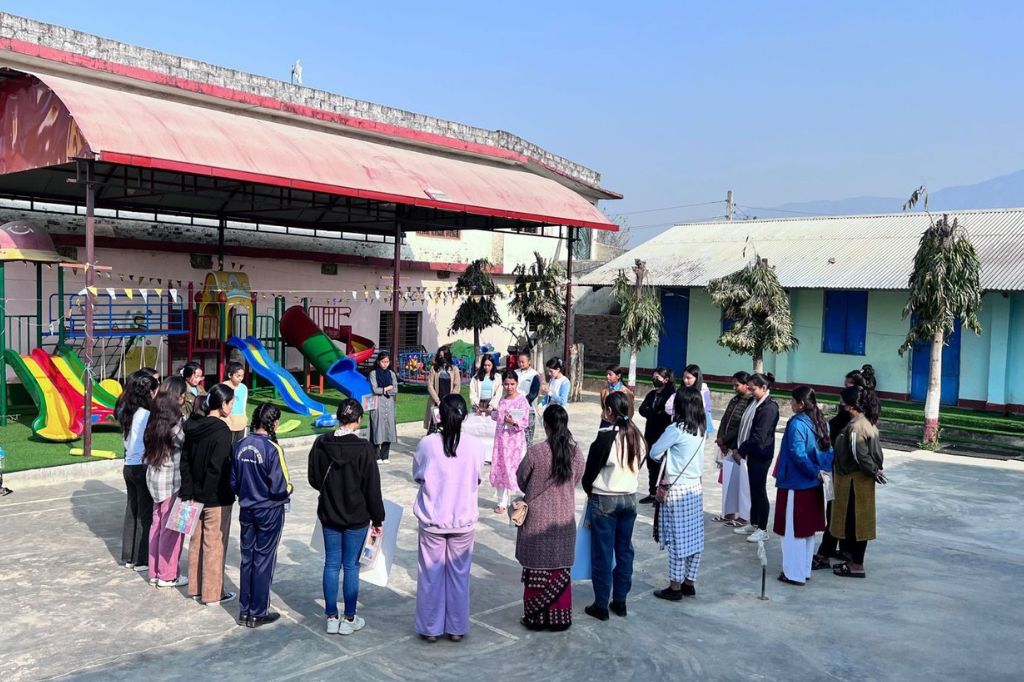University institute celebrates a decade of social impact across the globe
Date 5.08.2024
5.08.2024
Having attracted £3.7million of direct funding, published more than 200 research papers and contributed more than 60 projects at home and abroad, the University of Northampton’s (UON) Institute for Social Innovation and Impact (ISII) is celebrating 10 years of positive social impact.
Founded in 2014, the ISII evaluates the impact of social innovations to secure funding and influence policy makers.
Examples of ISII projects include Peacebuilding through arts in Kyrgyzstan and Indonesia, creating safe places for women in Vietnam, promoting responsible AI in policing, and uncovering hidden needs in Northamptonshire.
Mobile Arts for Peace (MAP) promotes the use of interdisciplinary arts-based practices, working with communities in Indonesia, Kyrgyzstan, Nepal, and Rwanda to promote peacebuilding.
Juhi Adhikari, a MAP Youth Advisory Board Member (pictured), grew up in Nepal experiencing gender inequality and said MAP gave her and other young women a safe space to express themselves and to be understood with empathy.

She added: “With a vision to bring change in my community, MAP has given me the tools to go out and do something meaningful. Through arts-based methods, collaborative engagement, and steadfast commitment, I strive to empower more young girls to speak up, contribute meaningfully to society, and work toward a future where all individuals are valued and heard.”
The ISII Research Leader Dr Claire Paterson-Young, said: “One of the core principles of the University of Northampton is to have positive social impact, not just through the education of future leaders and decision-makers, but also through direct research and the delivery of life-changing projects. At the ISII this is what we do every day, promoting responsible research and innovation to solve real life problems.”
Professor Richard Hazenberg, Director of the ISII, added: “It’s incredibly satisfying to look back over the last ten years to look at the many projects that the ISII has been involved with, supporting social innovators to get their projects off the ground and collaborating with experts within other disciplines and institutions, to make sure that we learn from and replicate these results, wherever intervention is needed.”
Any individuals or organisations that would like to help make a positive social impact can find out more information on the ISII webpage.